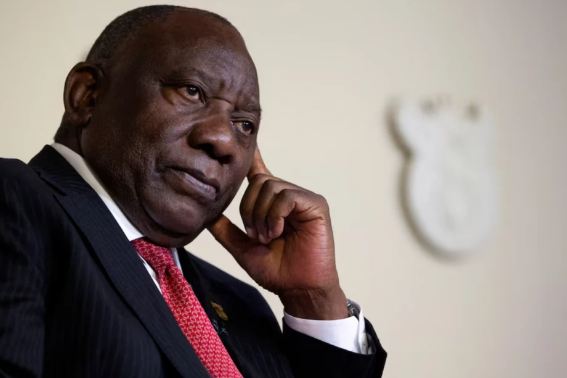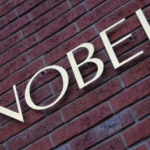Three individuals accused of breaking into South African President Cyril Ramaphosa’s game farm in 2020 and stealing millions in foreign currency will appear in court on Monday. This case, known as the “Farmgate” scandal, nearly brought down the president two years ago.
Ramaphosa in Peril, but Cleared
The controversy surrounding the theft almost cost Ramaphosa his leadership of the African National Congress (ANC) in late 2022. Additionally, concerns about corruption within the party contributed to the ANC losing its majority in the May election, marking the closest race in South Africa’s democratic history. Despite the allegations, Ramaphosa has consistently denied any wrongdoing, and in June 2023, South Africa’s anti-corruption watchdog cleared him of any conflict of interest related to the money that was found hidden in a sofa on his Phala Phala game farm.
How It All Began
The scandal broke when Arthur Fraser, South Africa’s former spy chief, walked into a police station in June 2022 and accused Ramaphosa of money laundering, corruption, and covering up a significant theft. Fraser claimed that in February 2020, the thieves raided Ramaphosa’s farm, discovered at least $4 million in foreign currency hidden in furniture, and made off with the money.
This prompted a police investigation, and both critics and the national press began asking questions about how Ramaphosa had acquired such a large sum of cash and whether he had declared it to tax authorities.
In response, Ramaphosa explained that there had indeed been a break-in, but only a much smaller amount—proceeds from the sale of game—was taken. He denied any cover-up, stating he was away at the time and reported the incident as soon as he had the full details.
The three suspects currently on trial were arrested in November of the previous year.
Ramifications
The scandal has been a major embarrassment for Ramaphosa, who had built his reputation on a strong anti-corruption stance. His opponents attempted to use the issue to oust him, but they were unsuccessful. In 2018, Ramaphosa had ousted his predecessor, Jacob Zuma, partly on the promise of tackling corruption head-on.
Although Ramaphosa led the ANC in this year’s elections and secured a second full term as president, the party lost its parliamentary majority for the first time in 30 years, which has now forced it to share power with smaller parties. Following the formation of a new government, Helen Zille, a senior politician in the Democratic Alliance, was quoted as saying that her party would protect Ramaphosa from any potential impeachment motions over the scandal.
The Inquiry
A report released by Acting Public Protector Kholeka Gcaleka found no evidence to support the allegation that President Cyril Ramaphosa had violated his oath of office or put himself at risk of a conflict of interest between his constitutional duties and private interests. The watchdog’s investigation revealed a receipt for the amount of money in question, which was related to the sale of buffalo on Ramaphosa’s Phala Phala game farm.
However, the inquiry did not address whether the money had been reported to tax authorities, as this was not within the scope of the investigation.



